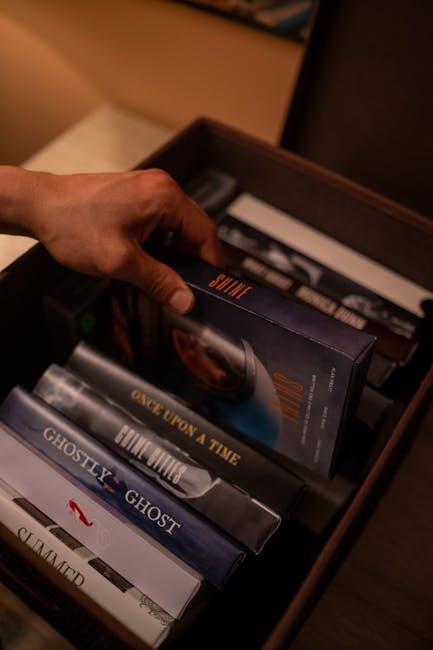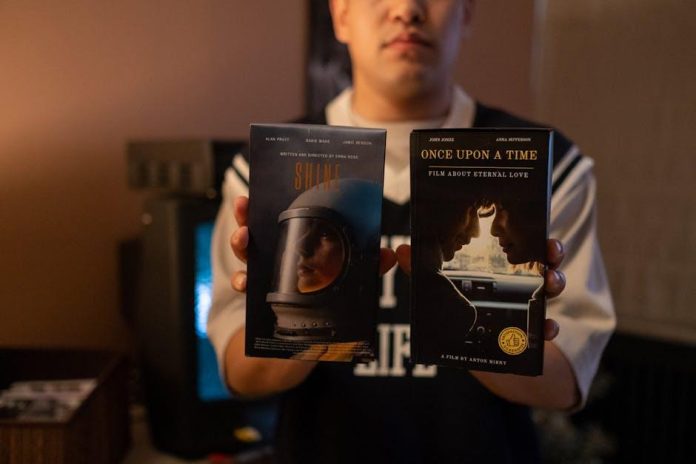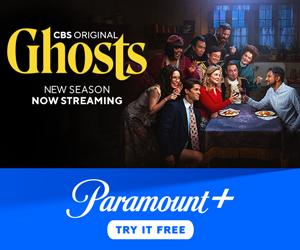In the ever-evolving landscape of cinema, where blockbusters and streaming giants compete for our attention, there exists a timeless realm that beckons with unparalleled allure: classic films. These cinematic masterpieces, etched into the annals of history, possess a transformative power that transcends the boundaries of time and culture. They are the quintessential stories that have shaped the very foundation of filmmaking, offering a rich tapestry of narratives, performances, and visual artistry that continue to inspire and captivate audiences across generations. As custodians of this grand tradition, we delve into the must-watch classics—films that not only define the essence of storytelling but also hold the keys to understanding the evolution of the silver screen. Embark on this journey with us, as we uncover the films that every cinephile should experience, and discover why these enduring works remain as relevant today as they were at their inception.
Timeless Masterpieces that Shaped Cinema History
In the realm of cinema, there are films that transcend their time, offering viewers a window into the artistry and innovation that defined an era. These timeless masterpieces are not just films; they are cultural landmarks that have influenced countless filmmakers and continue to resonate with audiences today. From the sweeping epics of the Golden Age to the daring narratives of the New Hollywood era, these films are essential viewing for anyone who seeks to understand the evolution of cinematic storytelling.
- Casablanca (1942): A perfect blend of romance, intrigue, and wartime drama, this film remains a paragon of classic Hollywood storytelling.
- Citizen Kane (1941): Often hailed as the greatest film ever made, its groundbreaking narrative structure and innovative cinematography have left an indelible mark on the art of filmmaking.
- Vertigo (1958): Alfred Hitchcock’s masterful exploration of obsession and identity challenges viewers with its complex narrative and stunning visual style.
- The Godfather (1972): This epic saga of crime and family loyalty redefined the gangster genre and is a testament to the power of cinematic storytelling.
- 2001: A Space Odyssey (1968): Stanley Kubrick’s visionary sci-fi epic is a meditation on humanity and technology, pushing the boundaries of visual and thematic storytelling.
These films are not just relics of the past; they are living, breathing works of art that continue to inspire and captivate. Each one offers a unique lens through which to view the human experience, reminding us of the enduring power of cinema to reflect, challenge, and entertain.
Unforgettable Performances that Defined an Era
In the golden era of cinema, certain performances not only captivated audiences but also left an indelible mark on the industry. These iconic portrayals showcased the depth and range of acting that defined a generation, elevating films to legendary status. The mesmerizing talent of these actors and actresses transcended the screen, creating unforgettable moments that continue to inspire filmmakers and audiences alike.
- Marlon Brando in A Streetcar Named Desire: Brando’s raw and powerful portrayal of Stanley Kowalski is often heralded as a turning point in film acting, bringing a new intensity and realism that set the standard for future generations.
- Audrey Hepburn in Breakfast at Tiffany’s: Hepburn’s charming and sophisticated performance as Holly Golightly remains a cultural icon, defining an era of elegance and poise with her unforgettable role.
- James Dean in Rebel Without a Cause: Dean’s portrayal of the troubled and rebellious Jim Stark captured the angst and disillusionment of a post-war generation, cementing his legacy as a symbol of youthful defiance.
These performances, among others, not only shaped the careers of their stars but also influenced the direction of cinema itself. They are more than just roles; they are masterpieces that resonate through time, embodying the spirit and emotion of an era. Watching these films is not merely an act of entertainment, but a journey into the heart of cinematic history.
Must-See Classics to Enrich Your Film Knowledge
In the vast landscape of cinema, there are films that stand the test of time, leaving indelible marks on the art of filmmaking. These masterpieces not only entertain but also offer profound insights into the human condition, societal issues, and artistic expression. Here are some must-see classics that are essential for any serious film enthusiast looking to deepen their appreciation of the medium.
- Citizen Kane (1941) – Often heralded as the greatest film ever made, Orson Welles’ magnum opus explores the life and legacy of a powerful media mogul. Its innovative narrative structure and pioneering cinematography set new standards for storytelling.
- Casablanca (1942) - A timeless tale of love and sacrifice set against the backdrop of World War II. With iconic performances by Humphrey Bogart and Ingrid Bergman, this film is a quintessential example of Hollywood’s golden age.
- Vertigo (1958) – Alfred Hitchcock’s psychological thriller is a mesmerizing exploration of obsession and identity. With its haunting score and stunning visuals, “Vertigo” remains a compelling study in suspense and cinematic technique.
Each of these films not only reflects the era in which it was made but also transcends it, offering timeless narratives that continue to resonate with audiences today. By immersing yourself in these classics, you enrich your understanding of film history and the powerful ways cinema can convey complex emotions and ideas.



